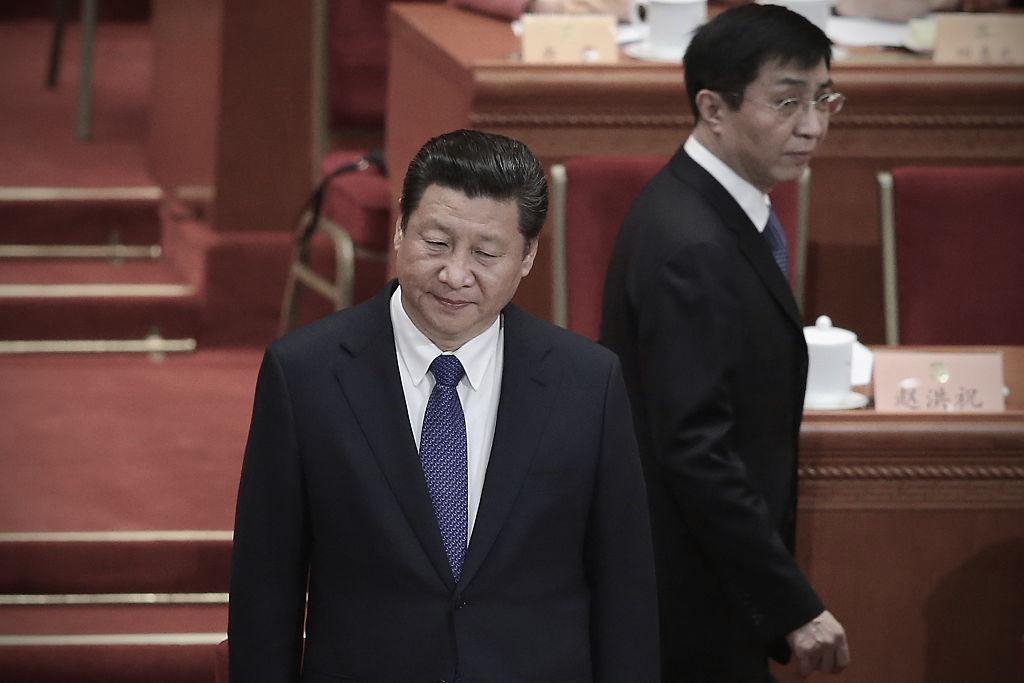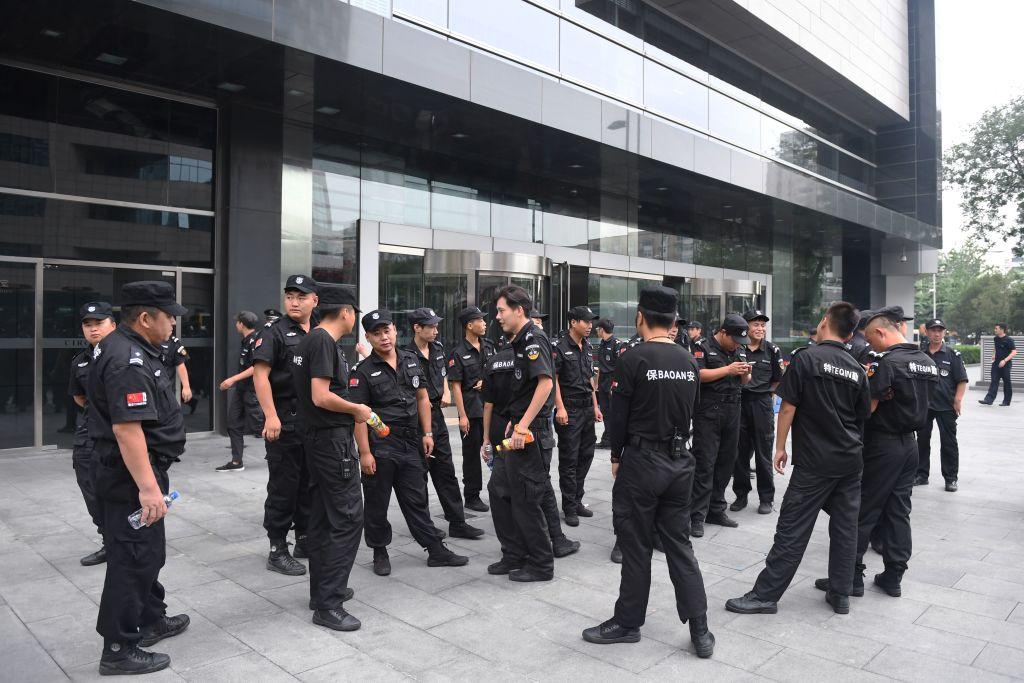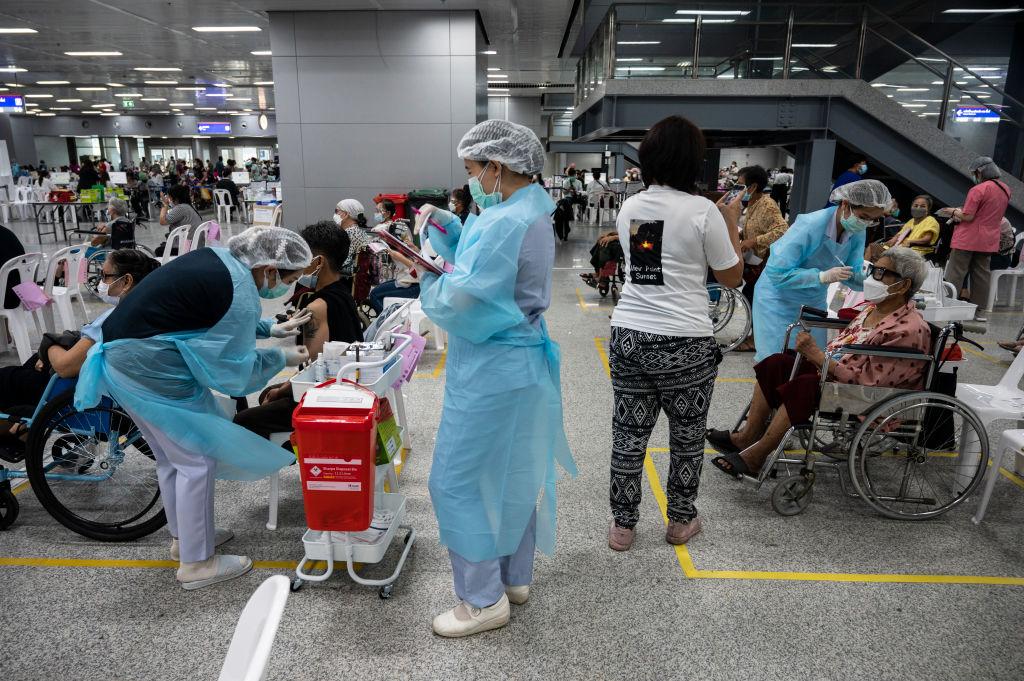WASHINGTON—As part of its global challenge to democratic freedom, the Chinese Communist Party (CCP) is making a systematic effort to spread propaganda and to suppress undesirable voices both inside and outside of China, a panel of journalists and experts said at a symposium staged by Freedom House.
|Updated:



